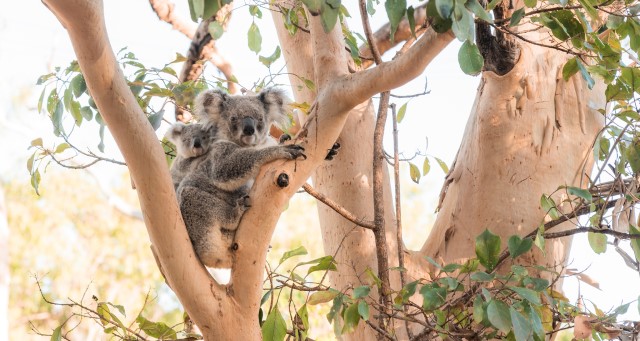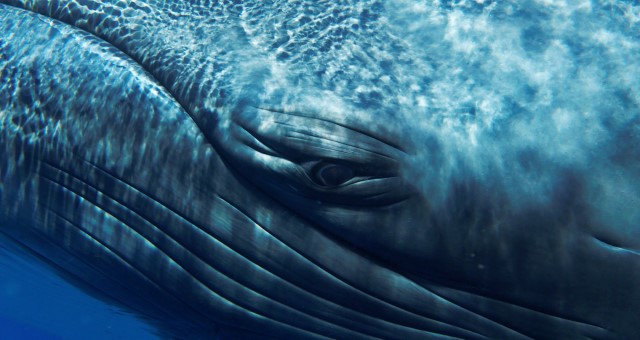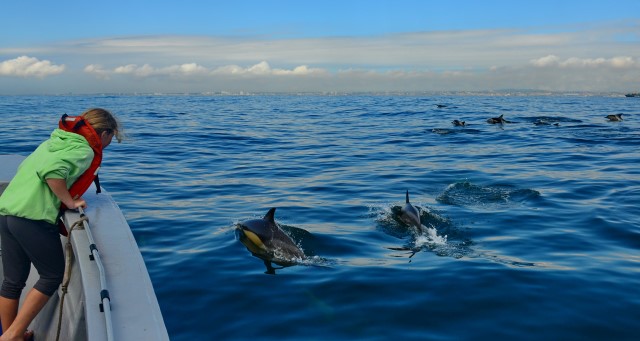YHA Australia is pulling the promotion of close encounters-style wildlife activities to guests as part of efforts to prioritise wildlife wellbeing and education.
The not-for-profit has consulted with World Animal Protection on a new set of guidelines for wildlife tours and experiences which are promoted across its 40-strong accommodation network.
Centred around responsible and sustainable wildlife tourism, these guidelines aim to minimise any negative impacts on animals and ecology.
YHA Australia CEO Paul McGrath said the guidelines are just the first step in a longer journey towards responsible wildlife practices.
“Implementing these guidelines is just the beginning, and we’re eager to see the positive change they will bring about not only in our properties but the natural world that our guests are so eager to explore,” he said.
Among the activities being discouraged is the handling of koalas for photos, with YHA distancing itself from venues that prioritise entertainment over animal welfare.
A 2022 poll by World Animal Protection involving 23,000 people across 15 countries found that 82% of respondents believe that tour operators should not sell activities which cause suffering to wild animals.
World Animal Protection, Head of Campaigns, Suzanne Milthorpe, applauded the move by YHA, describing it as a “significant step”.
“The decision to remove close interactions with wild animals such as koalas, who we know become stressed around humans, marks a significant step towards a responsible and sustainable future for travel,” she said.
YHA Australia is in the process of assessing and auditing its existing promoted product across its website and social media to align with its revised approach.
Venues that YHA is supporting under these guidelines include wildlife sanctuaries, rehabilitation facilities and rescue centres, such as those certified by the Global Federation of Animal Sanctuaries (GFAS), which have a genuine non-tourism function, as well as members of the World Association of Zoos and Aquariums.
YHA will encourage responsible wildlife watching, where travellers observe animals in their natural environment from a safe and respectful distance, without luring, baiting or interrupting their natural behaviours.
“YHA Australia accepts a responsibility to preserve our natural world and the incredible wildlife that inhabits it,” McGrath said.
“These new guidelines reflect YHA Australia’s commitment to promoting conservation and ensuring that our guests have the opportunity to continue to connect with the wildlife in a way that respects and safeguards it.”
Milthorpe is hopeful guidelines like these can be adopted across the industry more broadly.
“We believe that wildlife travel can be a force for good in the world, when done with care,” she said.
“We hope to see more companies take responsibility for the activities and venues they promote, and work towards a future where tourism does not contribute to wildlife exploitation.”



